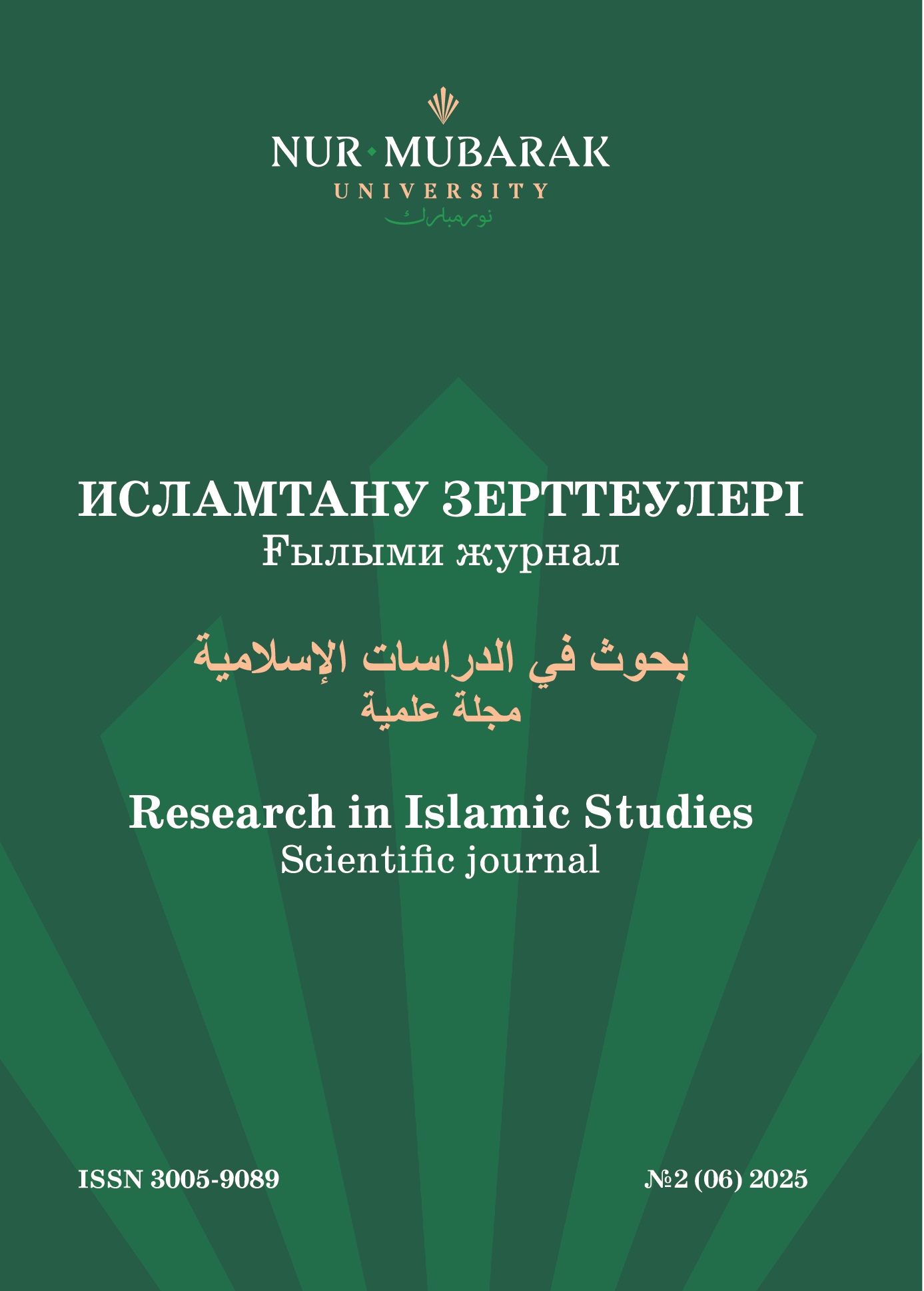Abstract
This article explores the origins, religious traditions, and historical development of the Allahchilar (Lahchilar) Sufi order that flourished in the Fergana Valley during the 19th and 20th centuries. Based on field research conducted during a scientific expedition to the Batken region, the authors examine the spiritual lineage of this community linked to the Yassawi path of Khoja Ahmad Yassawi. The study analyzes the socio-economic factors underlying the emergence of the order and portrays the Lahchilar as followers of a spiritual doctrine centered on poverty and divine love. The article also discusses their clandestine strategies under Soviet rule, their limited compromises with communist ideology, and doctrinal tensions with the Naqshbandi order. Particular attention is given to their unique rituals, including musical chanting of “Divan-i Hikmet” accompanied by instruments and mixed-gender dhikr ceremonies. Although traditional practices have diminished today, the article highlights the enduring interest in Yassawi’s heritage among followers. The study contributes to understanding the historical continuity of traditional Sufi schools in Central Asia and their relevance in contemporary religious consciousness.



